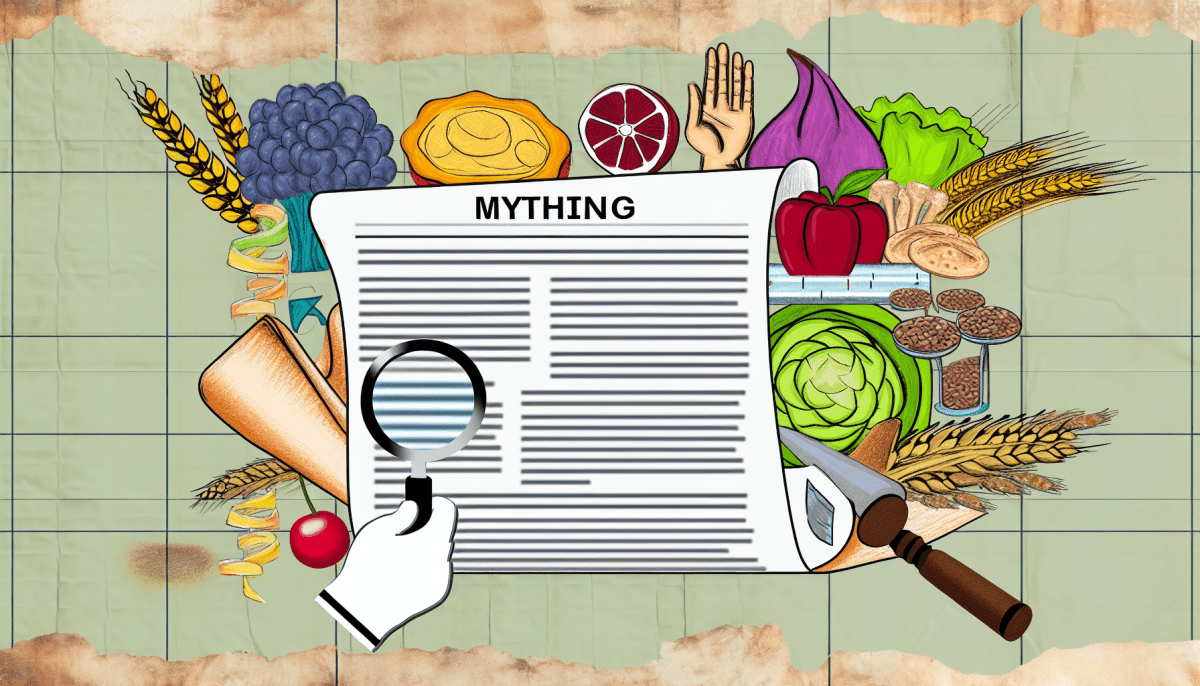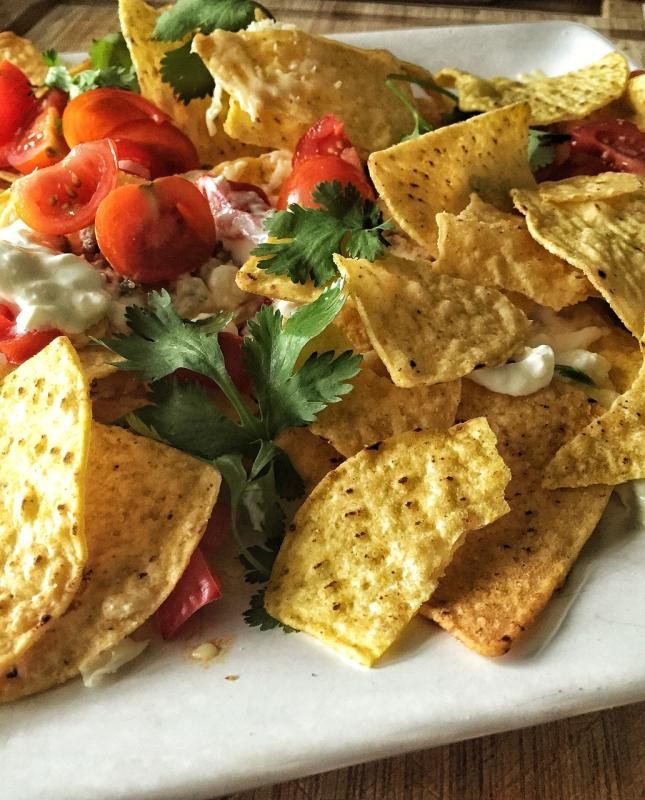Let’s clear the air about gluten-free diets! There are some common myths that might be keeping you from understanding just how they work. First up, a lot of people believe that gluten-free means totally healthy. While it’s true that foods without gluten can be nutritious, not all gluten-free products are created equal. Just because something is gluten-free doesn’t mean it’s packed with vitamins and minerals. Always check those labels!
Another myth? That gluten-free diets are only for people with celiac disease. This isn't true! Many folks choose gluten-free for various reasons—like gluten sensitivity or even just trying to eat healthier. If you feel great when you skip gluten, then go for it! But always make sure you’re getting all the nutrients you need from other sources.
Some people also think going gluten-free will help them lose weight effortlessly. While swapping out certain foods might aid in weight loss for some, it’s not a guaranteed shortcut. Focusing on whole foods, fruits, and veggies is still key, regardless of whether you eat gluten or not. Plus, many gluten-free snacks can be just as high in calories and sugar as their gluten-filled counterparts!
And let’s not forget the idea that gluten-free is just a fad. Sure, gluten-free diets have gained popularity, but they’re rooted in genuine health concerns for many people. Whether it's digestive issues or other health fears, paying attention to how your body reacts to gluten is what truly matters. Everyone's journey with food is unique!
Health Benefits of Going Gluten-Free
Going gluten-free can bring a variety of health benefits, especially for those with gluten sensitivities or celiac disease. Many people report feeling more energetic after cutting gluten from their diets. This boost in energy may stem from better nutrient absorption and a reduction in inflammation caused by gluten.
One of the most noticeable changes is often digestive health. Those who switch to gluten-free options frequently experience relief from bloating, gas, and other digestive discomforts. Gluten can be tough on the gut for some folks, so eliminating it can help create a happier tummy. You'll also find that many gluten-free foods are naturally higher in fiber, which contributes to better digestion.
In addition, many gluten-free foods are packed with nutrients. Opting for whole, minimally processed gluten-free grains like quinoa, brown rice, and millet can increase your intake of essential vitamins and minerals. By swapping out traditional bread and pasta for healthier options, you might find yourself making better overall food choices.
Lastly, going gluten-free encourages people to explore new foods. It’s a great opportunity to try fresh fruits, veggies, nuts, and seeds, alongside various new gluten-free grains and products. You might discover delicious alternatives and expand your culinary horizons while feeling your best!
Is Gluten-Free Right for You
Thinking about going gluten-free? It can be a bit overwhelming, especially with so much talk about it. But let’s break it down! The big question is whether it’s the right choice for you. For those who have celiac disease or a gluten sensitivity, avoiding gluten is a must. It helps prevent uncomfortable symptoms and keeps overall health in check.
For others, though, the story is a bit different. Many people without gluten issues have jumped on the gluten-free bandwagon, often believing it’s a healthier option. Here’s the catch: just because something is gluten-free doesn’t mean it’s automatically healthy. Some gluten-free products can be packed with sugar, fats, or additives to make them taste better. So, it’s essential to read those labels!
If you’re curious about gluten-free living and don’t suffer from any digestive issues, consider trying it for a short period. Many folks report feeling lighter and more energetic when they cut out gluten, but it’s not the same for everyone. Try keeping a food diary to see how your body reacts when you change your diet.
Before making any big changes, it’s a good idea to chat with a healthcare professional. They can help you figure out if going gluten-free is worth it for you, based on your health goals and lifestyle. Listen to your body and find what makes you feel good, whether that includes gluten or not!
Tips for a Successful Gluten-Free Lifestyle
Adopting a gluten-free lifestyle can seem a bit tricky at first, but with the right tips, you can make it easy and enjoyable! Here are some pointers to help you navigate this new way of eating.
1. Know Your Grains: Familiarize yourself with gluten-free grains like quinoa, rice, and oats. These can be great substitutes for traditional wheat-based products. Look for certified gluten-free oats to ensure they’re safe!
2. Read Labels: Always check ingredient lists on packaged foods. Gluten can sneak into unexpected items like sauces, dressings, and even some snacks. Look for products that have a gluten-free label for peace of mind.
3. Cook at Home: Preparing meals at home allows you to control what goes into your food. Experiment with gluten-free recipes and ingredients. It can be a fun way to discover new flavors and meals!
4. Find Support: Connecting with others who follow a gluten-free lifestyle can be motivating and helpful. Whether it’s online communities or local groups, sharing tips and recipes makes it easier to stick to your goals.



